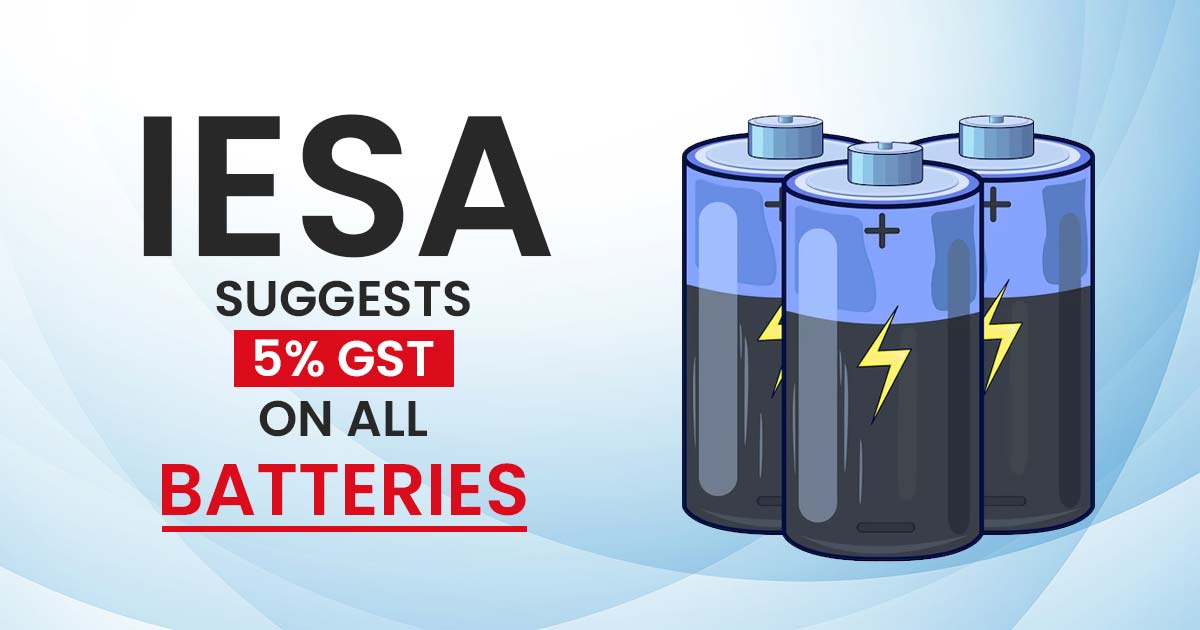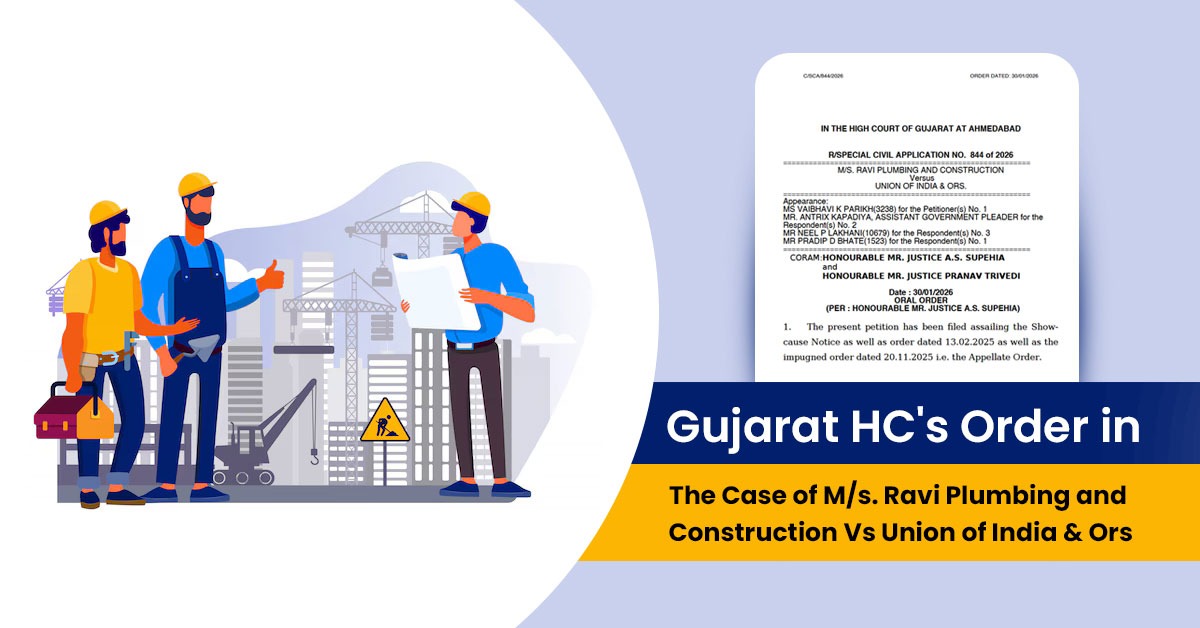
India Energy Storage Alliance said batteries, whatever the type of technology should be taxed uniformly at 5% GST like electric vehicles to support the emerging sector.
With the coming Union Budget, India Energy Storage Alliance (IESA) President Debi Prasad Dash expressed that the government can consider safeguarding the domestic cells and battery component manufacturers with the rise in the imports of lithium-ion cells, which has increased to Rs 24,000 crore in FY24 compared to Rs 18,000 crore in FY23, particularly from China.
There is a difference in the tax structure of batteries. For lithium-ion batteries, there is an 18% GST, while the other chemistries, such as lead acid, sodium, and flow batteries, are at 28%. There is also a 5% GST for electric vehicles.
“So, as an industry, we need support for this emerging sector, and all new technologies must be taxed at 5 per cent, and there should not be any difference between different technologies,” Dash added.
Regarding the query on the IESA wishlist, he was answering in the forthcoming Union Budget.
Also as per him a requirement for the government to assist the makers of battery components like cathode, anode, electrolyte, separator and copper foils for the ‘Make in India’ campaign for battery cells to be successful.
Read Also: Tax-Free or Attract 18% GST Rate on EV Charging Services
“This industry (components) is big, but they cannot grow without government support because a huge investment is required. We at IESA interacted with multiple ministries and submitted a request similar to PLI of a Rs 9,000 crore support scheme for this industry,” Dash said.
The assistance shall allow these companies to supply to the Indian gigafactories and they too have the chance to export to other countries, he cited mentioning that a requirement for the government assistance would be there for the capacity building and skills development for the same industry.
We sought if the nascent domestic industry requires security from rising imports from China, then Dash mentioned that the government with the PLI scheme has chosen a step to assist Indian cell manufacturing and gigafactories.
The additional measures can be regarded by the government such as raising customs duty over a duration so that the Indian companies can have an effective cost model, he mentioned.
It was noted by Dash that around Rs 18,000 crore of import of lithium-ion cells, which has risen to Rs 24,000 in FY24 has been witnessed in the last two years in FY23.








